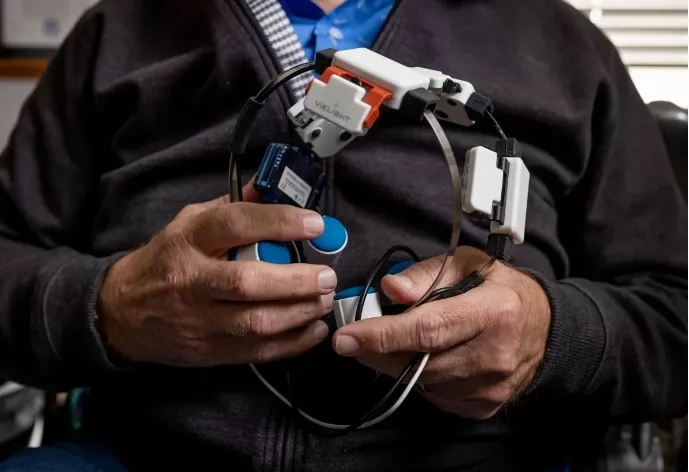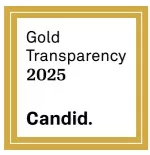Transcranial LED light therapy, sometimes called photobiomodulation, is one of the safe alternative therapies the BART Foundation believes may help brain injury survivors. The BART Foundation aims to promote better outcomes for TBI/ABI survivors by answering three questions – which alternative therapies are likely to work, where can they be found, and how can they be afforded? One of the ways we fulfill our mission is by carefully watching global research and clinical trial outcomes and sharing that information, in user-friendly language, with the TBI/ABI community.
Parkinson’s Disease is not part of our mission, as it is more of a degenerative neurological condition than an acquired brain injury. However, we do receive a steady amount of inquiries from individuals and families trying to navigate the Parkinson’s landscape and wanting to know about the TBI/ABI therapies we believe can be helpful. One of our featured therapies, photobiomodulation (PBM), is at the forefront of Parkinson’s Disease research and, based on the feedback we’ve received, seems to be helpful in slowing symptoms.

This recent research article from BMC Neurology highlights work conducted in New Zealand that assessed the long-term effectiveness of photobiomodulation therapy in a cohort of individuals with Parkinson’s disease after five years. While the study sample was small, (six participants) there was a significant improvement in walk speed, stride length, timed up-and-go tests, tests of dynamic balance, and cognition compared to baseline. No adverse effects of the photobiomodulation therapy were reported.
This study shows that PBM might safely reduce important clinical motor signs and non-motor symptoms in some Parkinson’s disease patients, with improvements maintained over several years. Home-based photobiomodulation therapy has the potential to complement standard therapies to manage symptoms and potentially delay Parkinson’s symptom progression.
As research continues to show the positive impacts of PBM for Parkinson’s, our hope is that this treatment option for TBI/ABI survivors will also become more accepted and mainstream. We’re all in this together!
